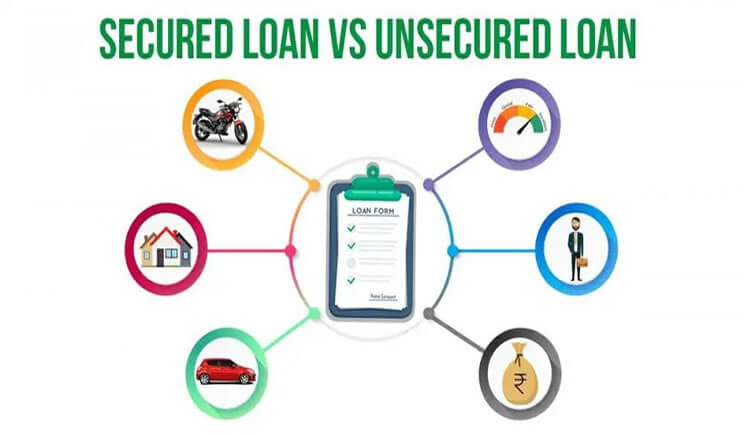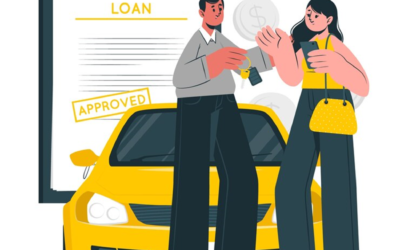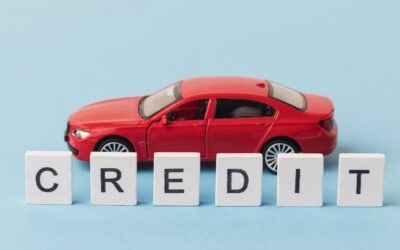Secured and Unsecured Loans
The basic definition of a secured car loan is a loan with collateral offered in case of default on the loan. Usually, the collateral is the item being purchased. Collateral for a car is the car itself. If loan goes into default, then the car is repossessed by the lender.
Unsecured loans are loans that have no collateral attached. Most personal loans, student loans and credit cards are examples of unsecured loans. If payments are missed and terms of the loan are not met, the only things the lender can do are use a collection agency or sue for the balance owed.
Security Beyond Value of the Loan
Sometimes, a lender for a car loan will require security beyond the vehicle. This may occur in the case where a borrower has very low income or has particularly poor credit or no credit.
Then it’s up to the borrower to subsequently offer their house, acreage, boat, or other type of property, if the lender asks for more security. Normally, this is taken in the form of a legal document. The lender releases the lien when the conditions of the loan are finished.
Guaranteed Secured Vehicle Loan
If security is asked for by a lender, the lender must be the legal owner of the property offered.
- Income. Verifiable income is required. This can be shown by pay check stubs copies if you’re self-employed or bank statements that reveal routine monthly deposits from other sources.
- Employment. The borrower should be able to demonstrate steady income. For most this would be a job from a reliable employer. Lenders ideally would like the applicant be able to show that they have been employed for at least 1 year. However, in the case of self-employed persons or people with other income (such as spousal support, inheritance, etc) as long as they can prove steady and predictable income, most lenders will work with them.
- Residency. Ideally, lenders want applicants to have steady residency. 12 months is the norm. However, if the applicant has moved recently, they should be able to show that they have stayed in one home for at least 12 months in the recent past.
Secured Car Loans Let You Pay Smaller Amounts over a Long Time
Unsecured auto loans are offered by a lending institution on the assumption that the word and reputation of the applicant are solid based on past performance and he or she will make payments on time for the duration of the term. If their credits score is high then they will easily qualify for this type of loan. However, the longest term available for this type of loan is usually 48 months and the rate is usually higher than prime rate sometimes as high as 12 percent.
Secured auto loans generally run between 3 and 5 percent and terms usually go to maximum of 72 months and even as far as 84 months. Secured auto loans are obviously the better choice for deal on a car than an unsecured loan.




